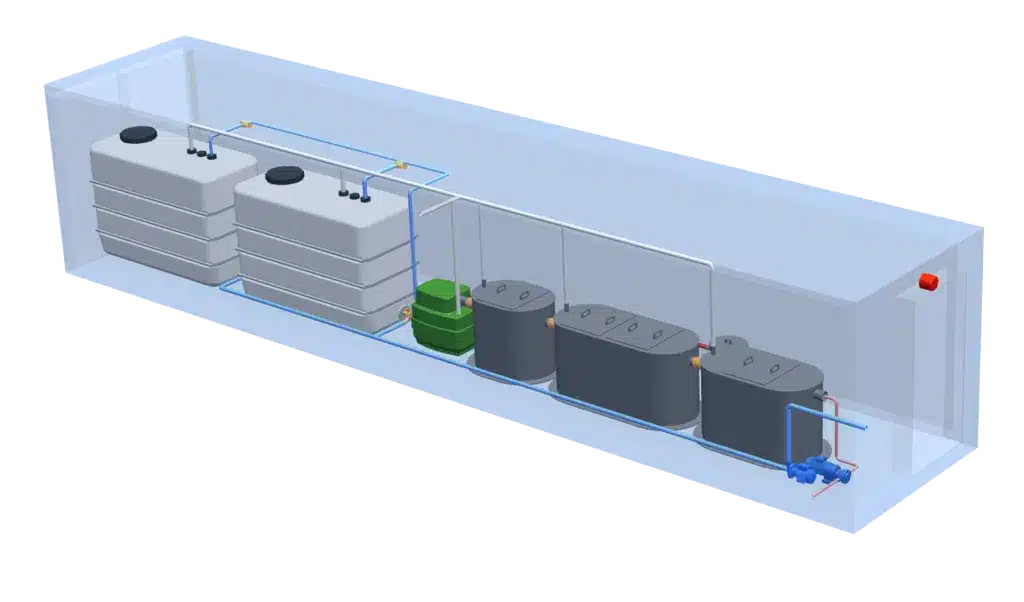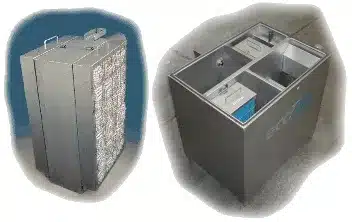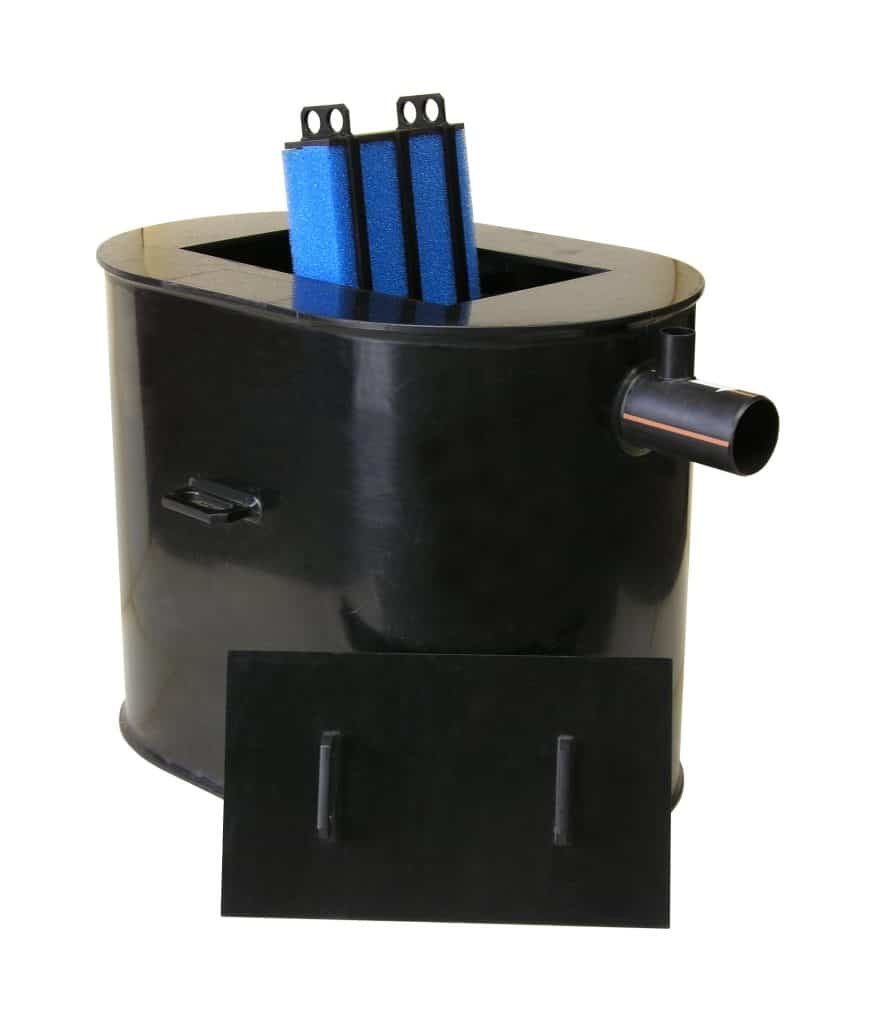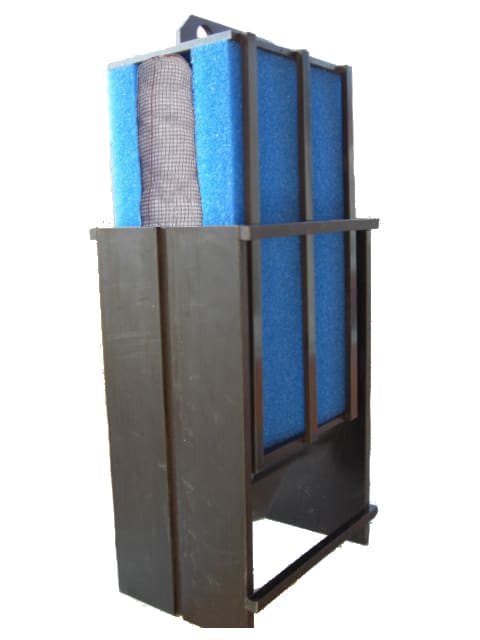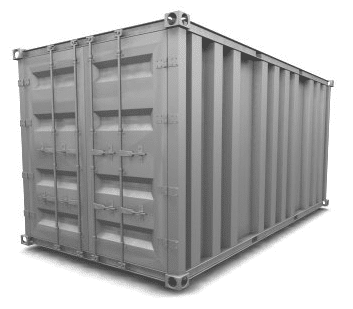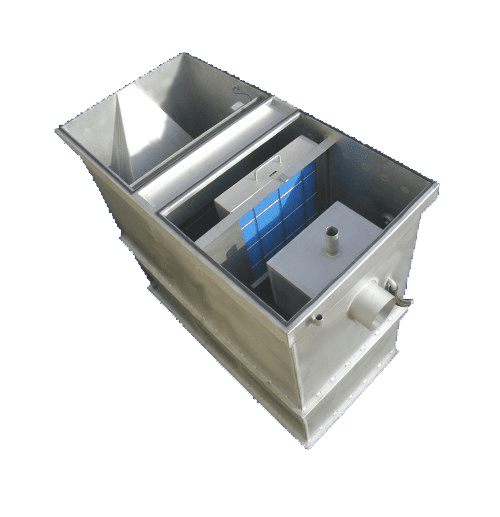In Utah’s industrial heart, a silent hero works hard to protect our environment. Above Ground Oil Water Separators (OWS) are key in treating wastewater. They are often overlooked but are vital for keeping industrial runoff clean.
Utah’s geography and varied industries need effective wastewater solutions. Utah Above Ground OWS systems are up to the task. They offer flexibility and performance that underground systems can’t match. Thanks to advanced technology, they can separate even the toughest substances like motor oil and jet fuel.
As environmental rules get stricter, the focus on wastewater treatment grows. Utah businesses are choosing Above Ground OWS to stay in line with the law. These systems not only meet standards but often go beyond them. This gives businesses confidence in a world where environmental rules are getting tighter.
Key Takeaways
- Above Ground OWS are essential for Utah’s wastewater treatment needs
- Enhanced coalescing technology enables superior separation efficiency
- These systems can handle various types of industrial oils and fuels
- Above Ground OWS help businesses meet and exceed environmental regulations
- Flexibility and performance make them preferable to underground alternatives
Introduction to Above Ground Oil Water Separators in Utah
Utah’s industries heavily depend on managing wastewater well. Above Ground Oil Water Separators are key in this effort. They remove oil and other hydrocarbons from water, keeping it clean and protecting the environment.
Definition and Purpose
Above Ground Oil Water Separators are devices made to treat industrial wastewater. They use density differences to separate oil from water. This is crucial for Utah’s oil and gas sectors, and other industries with oily wastewater.
Importance in Utah’s Industries
Utah’s energy sector relies on these separators for effective oil-water separation. They keep oil out of water sources, protecting the environment. This balance is key for Utah’s industrial and ecological health.
Regulatory Framework
Utah has strict rules for industrial wastewater treatment. The state watches over the use and upkeep of Above Ground Oil Water Separators. Companies need permits and pass regular checks to meet state and federal wastewater standards.
Utah Above Ground OWS: Types and Applications
Utah’s industries use Above Ground Oil Water Separators (OWS) for managing wastewater. These systems are key in treating produced water and help with upstream operations across the state.
Common Types of Above Ground OWS
In Utah, gravity separators, coalescing plate separators, and enhanced coalescing systems are common. They vary in how well they separate oil from water. Some can get as low as 0.1 PPM for emulsified oil.
Industries Benefiting from Above Ground OWS
Oil and gas, manufacturing, and transportation sectors in Utah gain a lot from Above Ground OWS. These systems are vital for handling wastewater and meeting environmental rules. In the oil and gas field, they’re key for treating produced water in upstream work.
Advantages over Underground Systems
Above ground systems have big advantages over underground ones. They’re easier to maintain and inspect, which is key for managing wastewater well. These systems also adjust better to environmental changes. This makes them a top choice for many Utah industries in treating produced water and managing wastewater.
Design and Functionality of Above Ground Oil Water Separators
Above ground oil water separators are key in separating oil and water efficiently. They are made to follow strict rules about hydrocarbon discharge in North America. The main limit is 10 parts per million (PPM), but new technologies go beyond this.
Freytech Inc. has created advanced coalescing technology that gets down to 5 PPM separation efficiency. This innovation leads to cleaner discharge and meets or beats current rules. These separators can handle different hydrocarbons like motor oil, diesel, gasoline, and jet fuel.
These separators focus on taking oil and other hydrocarbons out of wastewater. They use gravity and coalescence to separate oil from water. As water moves through the separator, oil floats to the top and clean water comes out the bottom. This is vital for industries to follow Utah state laws and federal EPA standards.
Designing these systems right is key for them to work well. Things like flow rate, oil type, and contaminant levels are looked at during design. The use of enhanced coalescing technology boosts efficiency. It helps merge smaller oil droplets into bigger ones, making separation simpler and more effective.
Environmental Compliance and Regulations in Utah
Utah is serious about protecting its water by following strict rules for wastewater discharge. These rules are for industries using Above Ground Oil Water Separators (OWS) and other systems. They help keep the water clean.
These separators are crucial in storm water systems. They process runoff to meet the US EPA’s Clean Water Act standards. With effective oily water treatment, facilities protect the environment and dodge big fines.
Utah State Regulations for Wastewater Discharge
The Davis County Board of Health sets rules for wastewater systems in Utah. These rules cover design and maintenance. Companies must follow these to protect the environment. Keeping up with Utah’s wastewater permits helps businesses avoid fines.
Federal EPA Guidelines and Their Application in Utah
Utah also follows federal EPA guidelines. This means businesses must know both state and federal rules. This ensures their wastewater treatment meets all standards.
Permitting Process for Above Ground OWS in Utah
Companies need permits for Above Ground OWS in Utah. They must get construction and operating permits from local health departments. This is key for following environmental laws and meeting discharge rules. By doing this, businesses can use their OWS systems legally and responsibly.

